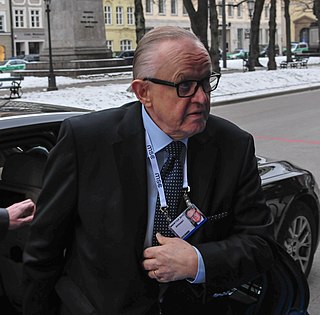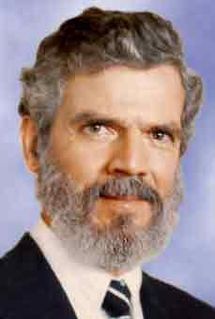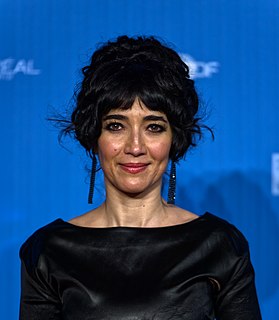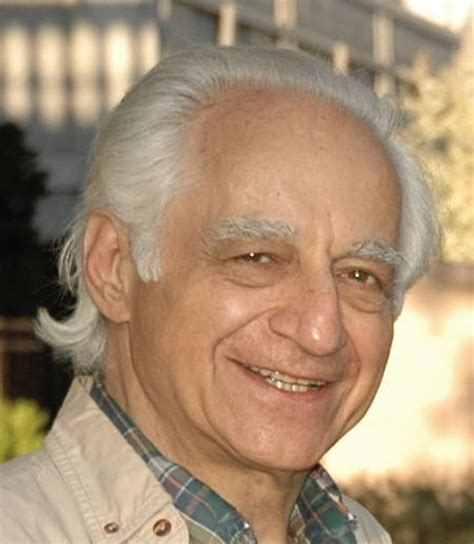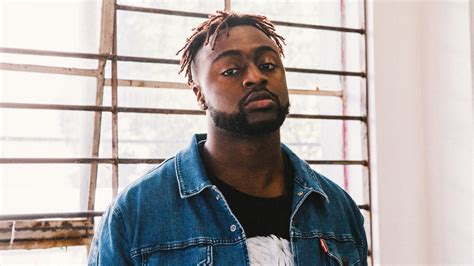A Quote by Noam Chomsky
States are violent to the extent that they have the power to act in the interests of those with domestic power
Related Quotes
The domestic power structure - how power is exercised in the United States, for instance - greatly influences the structure of international institutions. So, for example, the Clinton administration was very influential in shaping the WTO treaty, and, because of the way the US domestic political system works, this meant that corporations could use the US government to wield a huge influence.
Power corresponds to the human ability not just to act but to act in concert. Power is never the property of an individual; it belongs to a group and remains in existence only so long as the group keeps together. When we say of somebody that he is 'in power' we actually refer to his being empowered by a certain number of people to act in their name. The moment the group, from which the power originated to begin with ... disappears, 'his power' also vanishes.
Whether it comes from a despotic sovereign or an elected president, from a murderous general or a beloved leader, I see power as an inhuman and hateful phenomen. To the same degree that I do not understand power, I do understand those who oppose power, who criticize power, who contest power, especially those who rebel against power imposed by brutality.
The more power a government has the more it can act arbitrarily according to the whims and desires of the elite, and the more it will make war on others and murder its foreign and domestic subjects. The more constrained the power of governments, the more power is diffused, checked, and balanced, the less it will aggress on others and commit democide.
Let no one ever shy away from the claim that Jews have power, that Jews have influence. We have learned the terrible lesson of history; that unless we have influence and power, disproportionate to our small numbers - immoral results will occur. We need power. And we must continue to use our power. Power which we earned, power which no one gave us on a silver platter, power which we worked hard for - use that power in the interests of justice.
That's what Judith Herman is saying, and she's absolutely right. Power then breeds an intensification of all because the power can never be absolute power - to some extent it's stymied - but the isolation while in power becomes even more dangerous. Think of it as a vicious circle. The power intensifies these tendencies and the tendencies become more dangerous because of the power.
9/11 was not an act of war. It was a criminal act. It was a simple. Criminal act by a bunch of lunatic fanatic violent people who needed to be tracked down and apprehended and tried exactly as you would with any other lunatic violent person, like we do with our own domestic terrorists, like the guy who bombed the Oklahoma federal building.
What is true is that the idea of power corrupts. Power corrupts most rapidly those who believe in it, and it is they who will want it most. Obviously, our democratic system tends to give power to those who hunger for it and gives every opportunity to those who don't want power to avoid getting it. Not a very satisfactory arrangement if power corrupts those who believe in it and want it.
The formal granting of independence created a more Manichean system of dependency and exploitation, since for those who practice it, it means power without responsibility and for those who suffer from it, it means exploitation without redress. In the days of old-fashioned colonialism, the imperial power had at least to explain and justify at home the actions it was taking abroad. In the colony those who served the ruling imperial power could at least look to its protection against any violent move by their opponents. With neocolonialism neither is the case.


